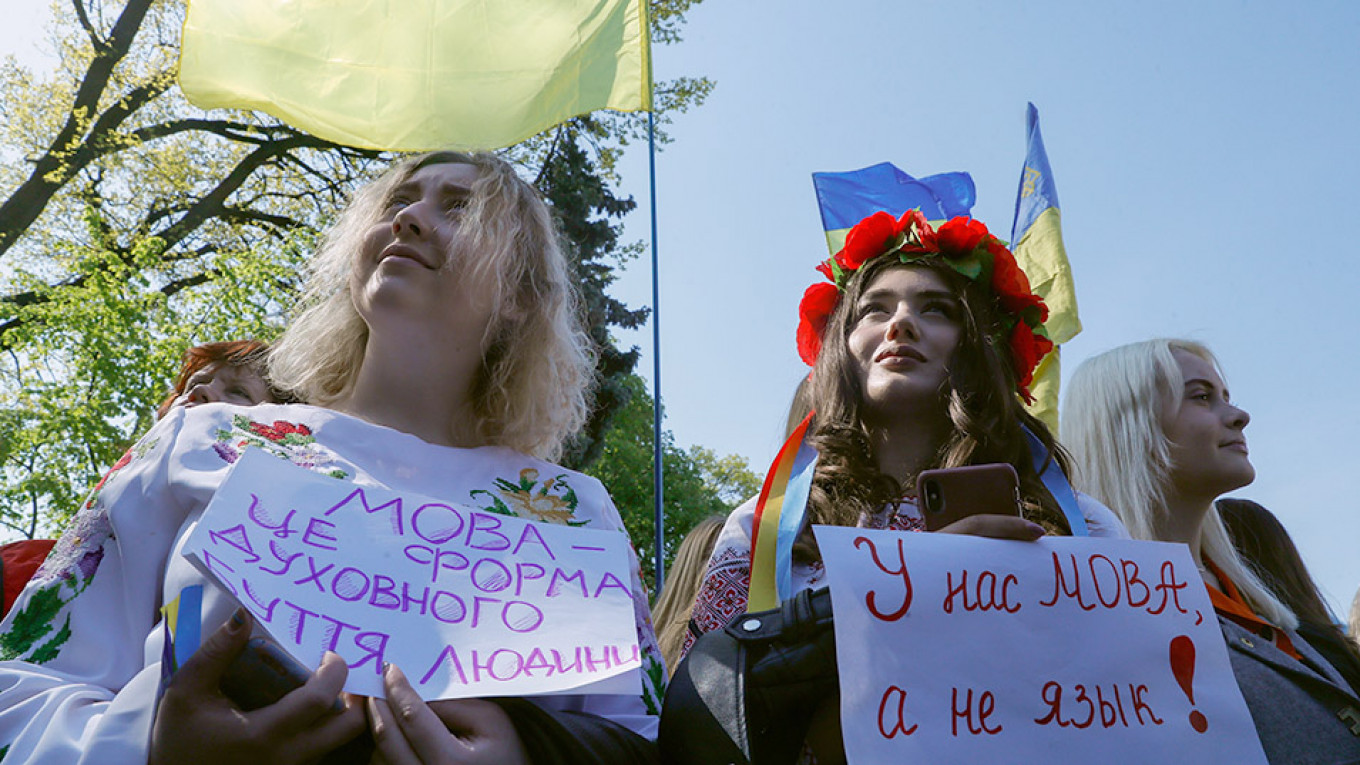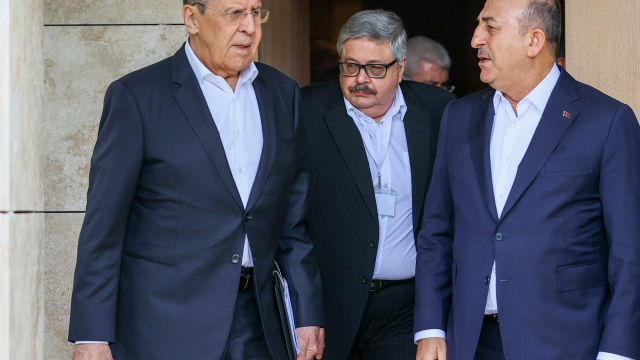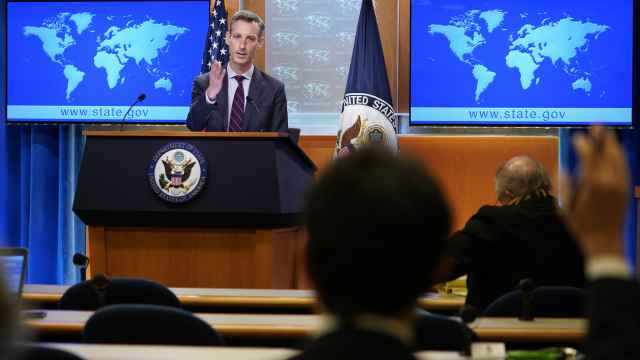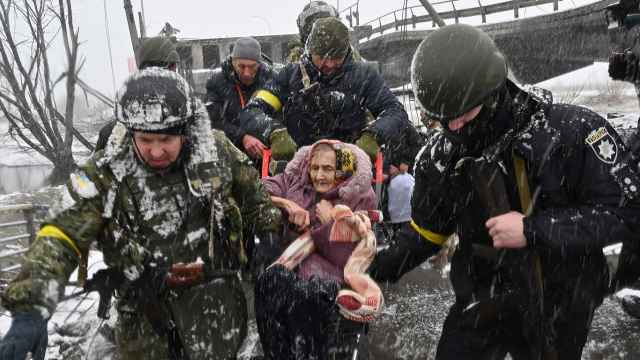Lawmakers in Kiev approved a bill boosting the use of Ukrainian across state administration and media, in a move that risks complicating relations with Russia and the West at the same time.
While Ukrainian has been the sole official language since 2014 when Kremlin-backed Viktor Yanukovych was toppled from the presidency in deadly street protests, much of the population still speaks Russian. Moscow annexed Ukraine’s Crimea in 2014, saying it did so to protect ethnic Russians and Russian speakers. Russia offered on Wednesday its citizenship to separatists in two of Ukraine’s easternmost regions.
The approval of the language law may also further deepen a rift with neighboring Hungary, which claims the law violates the rights of ethnic Hungarians living in Ukraine’s west. As a result, Hungarian diplomats are obstructing some discussions between Ukraine and the North Atlantic Treaty Organization on closer military co-operation. A leading lawmaker in Budapest said on Thursday that Hungary wouldn’t budge on the matter.
That intransigence, in turn, has led to U.S. criticism of Hungarian Prime Minister Viktor Orban, who has forged closer ties with Russian President Vladimir Putin. Speaking at a conference in Budapest on Thursday, the U.S. State Department’s special representative for Ukraine repeated calls for Hungary to change its practices.
"The issue of national minority languages is important, and needs to be resolved between Hungary and Ukraine," U.S. envoy Kurt Volker said. "But it doesn’t provide justification for blocking NATO discussions."
Outgoing Ukrainian President Petro Poroshenko has vowed to sign the language measures into law. President-elect Volodymyr Zelenskiy, a Russian speaker, has opposed forcing people outright to use Ukrainian.
A Message from The Moscow Times:
Dear readers,
We are facing unprecedented challenges. Russia's Prosecutor General's Office has designated The Moscow Times as an "undesirable" organization, criminalizing our work and putting our staff at risk of prosecution. This follows our earlier unjust labeling as a "foreign agent."
These actions are direct attempts to silence independent journalism in Russia. The authorities claim our work "discredits the decisions of the Russian leadership." We see things differently: we strive to provide accurate, unbiased reporting on Russia.
We, the journalists of The Moscow Times, refuse to be silenced. But to continue our work, we need your help.
Your support, no matter how small, makes a world of difference. If you can, please support us monthly starting from just $2. It's quick to set up, and every contribution makes a significant impact.
By supporting The Moscow Times, you're defending open, independent journalism in the face of repression. Thank you for standing with us.
Remind me later.






